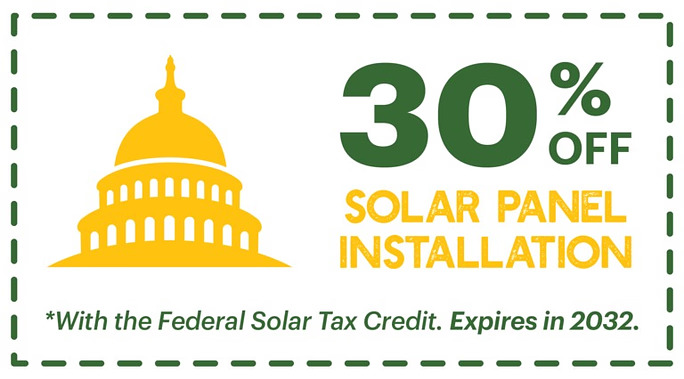
- 02/03/2026
Tax Credits and Incentives
Harnessing the Power of the Federal Solar Tax Credit
Solar energy has become a popular choice for homeowners seeking to reduce their environmental impact and lower their energy bills. The Federal Tax Credit for Solar Photovoltaics, also known as the Investment Tax Credit (ITC), plays a significant role in making solar energy more accessible and financially attractive.
Systems installed between 2022 and 2032 are eligible for a 30% tax credit. This credit can significantly offset the upfront costs of a solar system, making it a more viable investment for many homeowners.
To claim the Federal Solar Tax Credit, individuals need to complete IRS Form 5695 and submit it along with their federal tax return for the year of solar system installation. If the tax credit exceeds the tax owed, the remaining balance can be carried over for up to five years to offset future tax obligations.
Here are some key considerations when claiming the solar tax credit:
Understanding the Credit: The solar tax credit is a tax deduction, not a refund. It reduces your federal tax liability, so you must owe taxes to benefit from it.
Eligibility Requirements: The credit applies only to residential solar PV systems installed on your primary or secondary residence. It does not apply to rental properties or leased solar systems.
Ownership Requirement: You must own the solar PV system outright to qualify for the tax credit. Leasing or participating in a Power Purchase Agreement (PPA) does not qualify.
By taking advantage of the Federal Solar Tax Credit, homeowners can reduce their tax burden while investing in a sustainable and cost-effective energy solution.
CONCLUSION: Ready to take the next step towards energy independence and lower energy bills? Contact Quick Quote Solar today for a free, no-obligation solar quote. Our team will provide you with a detailed analysis, including:
System cost: A breakdown of the total cost of your solar system, including equipment, installation, and any additional fees.
Federal Tax Credit deduction: The estimated amount you can deduct from your federal taxes.
Local incentives: Information on any state, local, or utility rebates or incentives that may apply.
Energy cost savings calculation: A projection of your potential energy savings based on your system size, power consumption, and local electricity rates.
25-year cashflow projection: A detailed breakdown of your expected costs and savings over a 25-year period.
Lifetime savings: An estimate of the total amount you could save on energy costs over the lifetime of your solar system.
Don’t wait any longer. Contact Quick Quote Solar today and start harnessing the power of the sun to reduce your energy bills and your environmental impact.